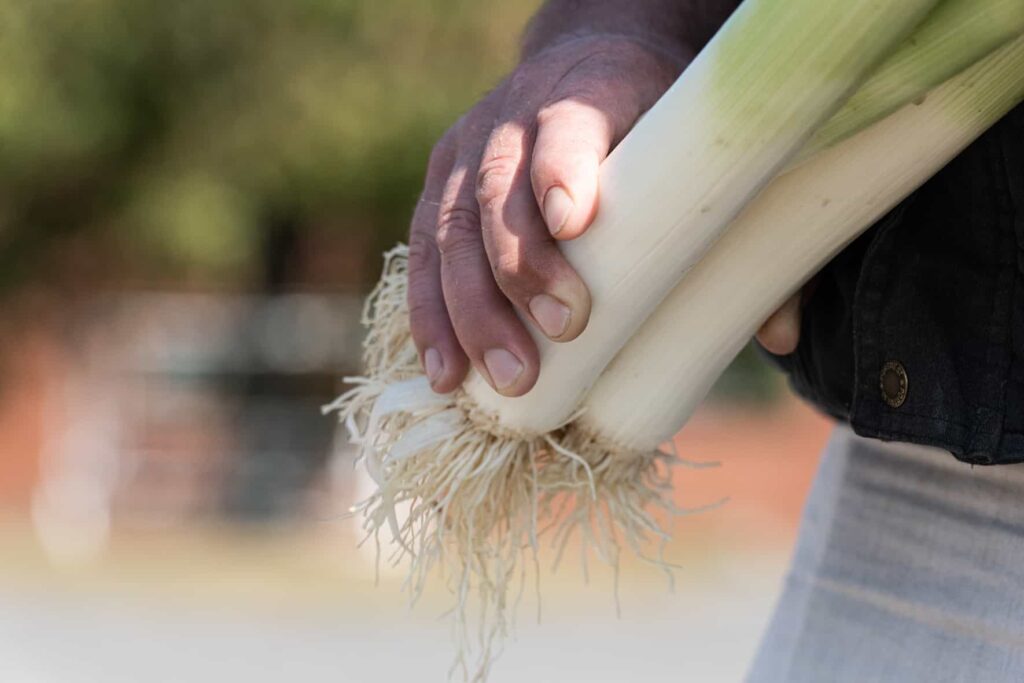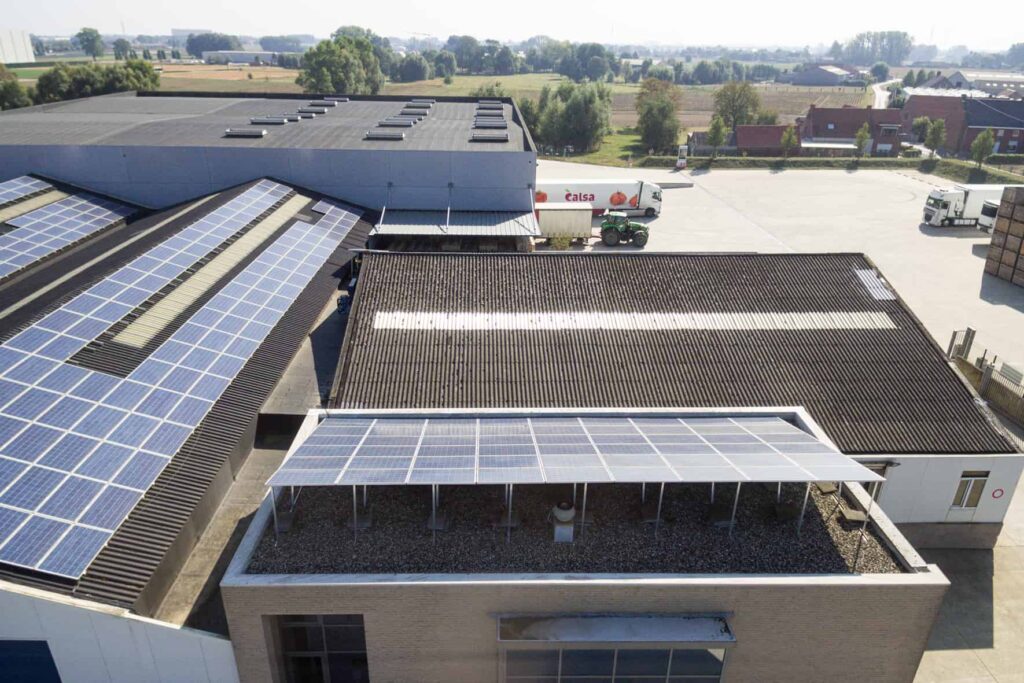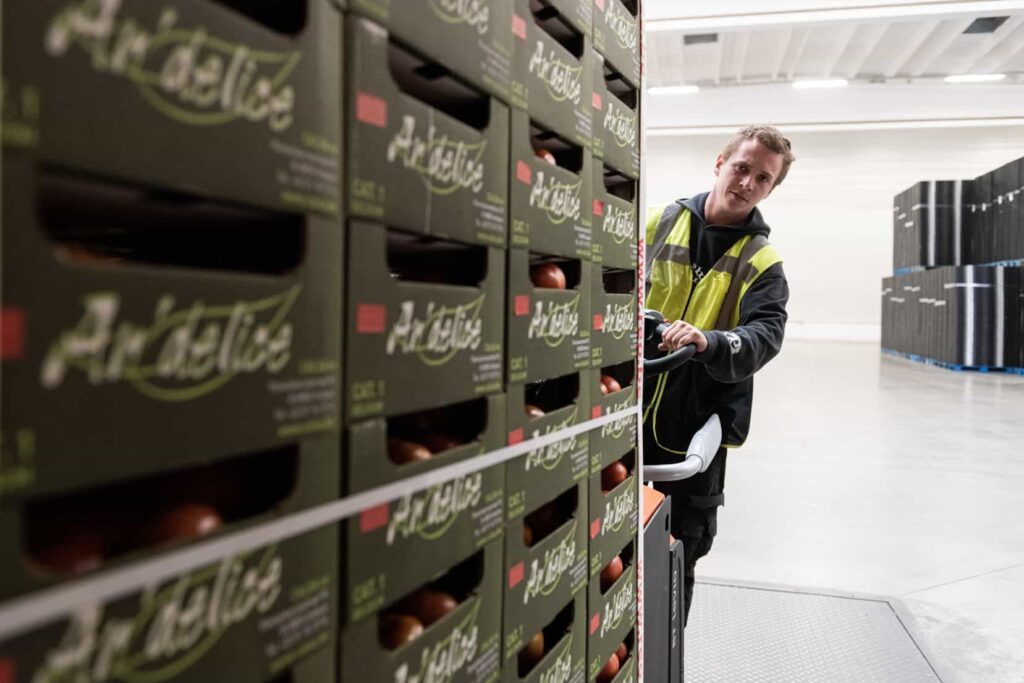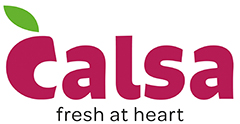Expert in sustainable exports
At Calsa, sustainability is more than a buzzword. It is a deeply rooted vision. Ever since Calsa was founded - in 1939 - a sustainable approach has been an inherent part of the company's philosophy. In the field, on the shop floor and on the road.

Local network
For both field and greenhouse vegetables, Calsa is strategically located. Maximum supply comes from local growers. That means limited transportation and a small carbon footprint within this first link of the route.
This is equally true, by the way, for purchases at Belgian auctions. To round out this local anchoring, Calsa also supports local associations and charities.
Towards a circular food chain
Sustainable business requires commitment and vision for the future. That is why Calsa joined as one of the pilot companies in late 2017 in a learning and improvement program of FVPHouse, the umbrella organization of the Belgian potato, fruit and vegetable wholesale and processing industry.
Within the trajectory, concrete actions will be tested around
- prevention of food waste and food loss through a good match between product and buyer
- work with less social inequality, including beyond corporate and national borders
- more sustainable production and consumption patterns.


Nearly 600 solar panels
That the installations at Calsa are as energy efficient as possible goes without saying. For example, residual heat from the fridges is used to heat parts of the company.
But the exporter goes a big step further. There are no fewer than 576 solar panels on the roof of the premises. Good for its own energy production of 100,000 kWh per year. That is more than a quarter of its own consumption.
Recyclable and renewable materials
Packaging materials are a necessity when exporting fruits and vegetables. Fortunately, that does not automatically mean mountains of waste. On the contrary. Calsa minimizes waste and opts for specialized processors. Instead of plain plastic, the company chooses reusable packaging, such as IFCO or EPS.
Poplar, a species of wood that grows quickly and converts a good amount of CO2 into oxygen, is used for the wooden crates.


9% more efficient loading
Optimal loading and efficient route planning are the basis for our sustainable transport. Our 14 own trucks - at least Euro V - transport no air. In consultation with our customers, we load a maximum of full pallets.
Our external transportation partners also participate in this sustainable distribution. The result? Up to 9% more efficient transportation.
